
Information for/from Outsiders: Chronicles from Kashmir(2019)
A step, though, a small step toward engaging audiences in stories and experiences that mainstream media might never share with them; a small step toward sparking more educated -- and less polarized -- opinions about what is happening in the region.
Chronicles from Kashmir seeks to create a sense of “balance”: between differently positioned voices that emerge when speaking about Kashmir; between differently placed narratives on the “victim”/“perpetrator” spectrum. While there is an inevitable streak of political commentary that runs throughout the work – a political current that cannot be escaped when talking about Kashmir – Chronicles from Kashmir does not espouse any one political ideology. We see ourselves as being artists and educators, using aesthetics and pedagogy to engage audiences with diverse perspectives from/about the Valley.
Movie: Information for/from Outsiders: Chronicles from Kashmir
Top 9 Billed Cast
Multiple
Multiple
Multiple
Multiple
Multiple
Multiple
Multiple
Multiple
Multiple
Similar Movies
 7.9
7.9Ben-Hur(en)
In 25 AD, Judah Ben-Hur, a Jew in ancient Judea, opposes the occupying Roman empire. Falsely accused by a Roman childhood friend-turned-overlord of trying to kill the Roman governor, he is put into slavery and his mother and sister are taken away as prisoners.
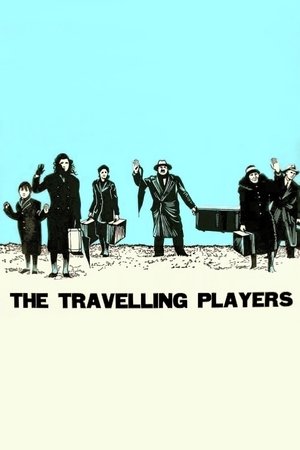 7.3
7.3The Travelling Players(el)
This expansive Greek drama follows a troupe of theater actors as they perform around their country during World War II. While the production that they put on is entitled "Golfo the Shepherdess," the thespians end up echoing scenes from classic Greek tales in their own lives, as Elektra plots revenge on her mother for the death of her father, and seeks help from her brother, Orestes, a young anti-fascist rebel.
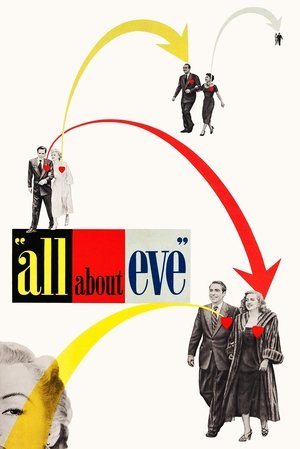 8.1
8.1All About Eve(en)
From the moment she glimpses her idol at the stage door, Eve Harrington is determined to take the reins of power away from the great actress Margo Channing. Eve maneuvers her way into Margo's Broadway role, becomes a sensation and even causes turmoil in the lives of Margo's director boyfriend, her playwright and his wife. Only the cynical drama critic sees through Eve, admiring her audacity and perfect pattern of deceit.
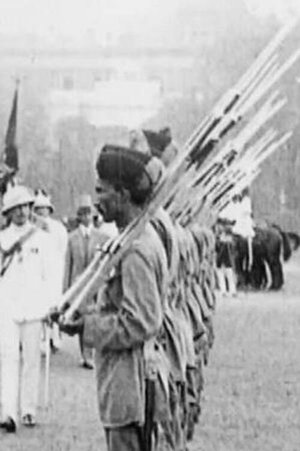 10.0
10.0Arrival of the Earl of Lytton at Calcutta(en)
Lord Lytton takes up the post of Governor of Bengal.
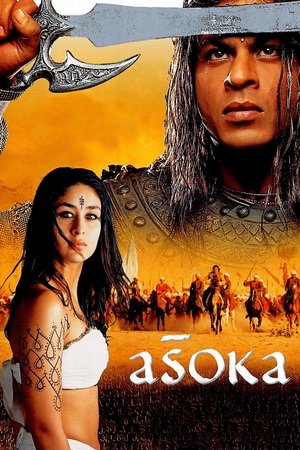 6.5
6.5Aśoka(hi)
A young Prince Asoka works to perfect his skills in battle and also deals with family conflict. During a struggle with one of his step-brothers, his mother urges Asoka to escape to stay alive. While away, Asoka meets Kaurwaki and falls in love, but must use his skills as a warrior to protect her. A dangerous and heartbreaking web of conspiracy follows, which leads Asoka to embrace a Buddhist path.
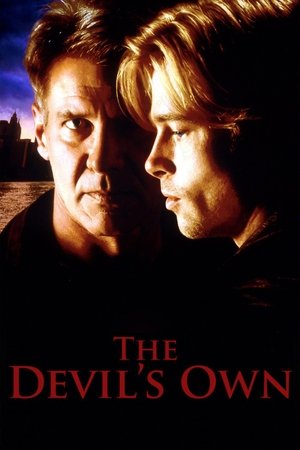 6.2
6.2The Devil's Own(en)
Frankie McGuire, one of the IRA's deadliest assassins, draws an American family into the crossfire of terrorism. But when he is sent to the U.S. to buy weapons, Frankie is housed with the family of Tom O'Meara, a New York cop who knows nothing about Frankie's real identity. Their surprising friendship, and Tom's growing suspicions, forces Frankie to choose between the promise of peace or a lifetime of murder.
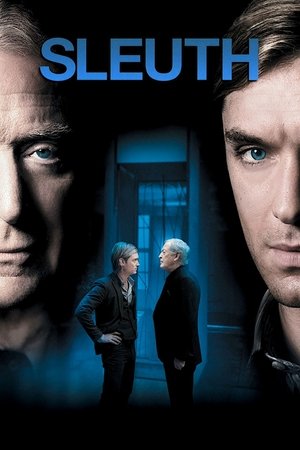 6.3
6.3Sleuth(en)
On his sprawling country estate, an aging writer matches wits with the struggling actor who has stolen his wife's heart.
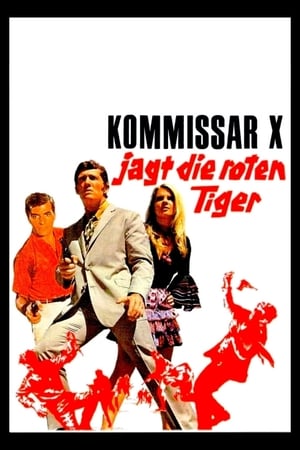 6.2
6.2The Tiger Gang(de)
Captain Tom Rowland and Commissioner X are sent to Pakistan to destroy the Red Tigers gang, responsible for smuggling drugs from Afghanistan into the United States.
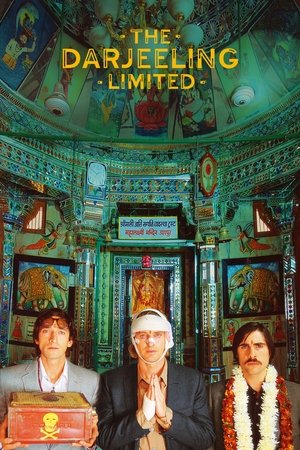 7.2
7.2The Darjeeling Limited(en)
Three American brothers who have not spoken to each other in a year set off on a train voyage across India with a plan to find themselves and bond with each other -- to become brothers again like they used to be. Their "spiritual quest", however, veers rapidly off-course (due to events involving over-the-counter pain killers, Indian cough syrup, and pepper spray).
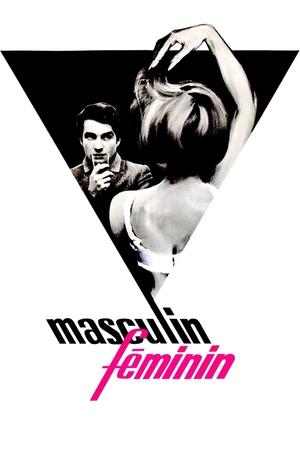 7.2
7.2Masculin Féminin(fr)
Paul, a young idealist trying to figure out what he wants to do with his life, takes a job interviewing people for a marketing research firm. He moves in with aspiring pop singer Madeleine. Paul, however, is disillusioned by the growing commercialism in society, while Madeleine just wants to be successful. The story is told in a series of 15 unrelated vignettes.
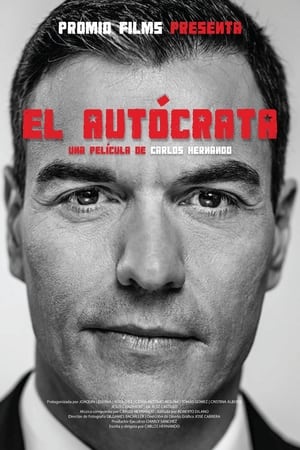 8.4
8.4El autócrata(es)
Historical leaders of the PSOE, among them several former ministers, lambast the political legacy of Pedro Sánchez, President of the Government of Spain.
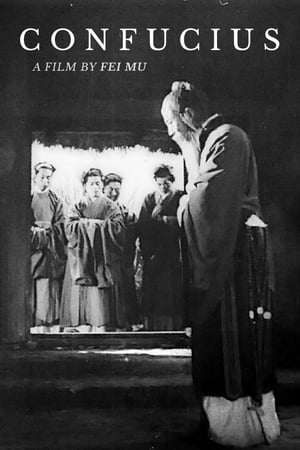 6.5
6.5Confucius(zh)
The film depicts Confucius's later life, as he traveled across a China divided by war and strife in an ultimately futile effort to teach various warlords and kings his particular philosophy.
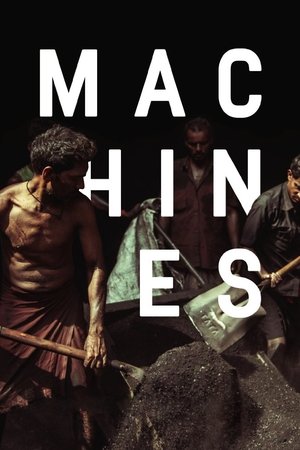 6.1
6.1Machines(hi)
This portrayal of the rhythm of life and work in a gigantic textile factory in Gujarat, India, moves through the corridors and bowels of the enormously disorienting structure—taking the viewer on a journey of dehumanizing physical labor and intense hardship.
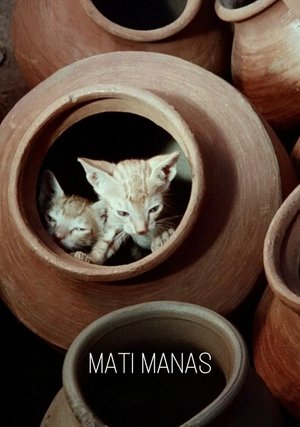 5.7
5.7Mind of Clay(hi)
In a poetic hour and a half, director Mani Kaul looks at the ancient art of making pottery from a wide variety of perspectives.
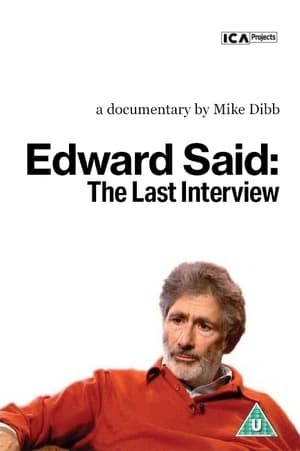 7.0
7.0Edward Said: The Last Interview(en)
Prominent Columbia University English and Comparative Literature professor Edward Said was well known in the United States for his tireless efforts to convey the plight of the Palestinian people, and in this film shot less than a year before his death resulting from incurable leukemia, the author of such books as {-Orientalism}, {-Culture and Imperialism}, and {-Power, Politics, and Culture} discusses with filmmakers his illness, his life, his education, and the continuing turmoil in Palestine. Diagnosed with the disease in 1991, Said struggled with his leukemia throughout the 1990s before refraining from interviews due to his increasingly fragile physical state. This interview was the one sole exception to his staunch "no interview" policy, and provides fascinating insight into the mind of the man who became Western society's most prominent spokesman for the Palestinian cause.
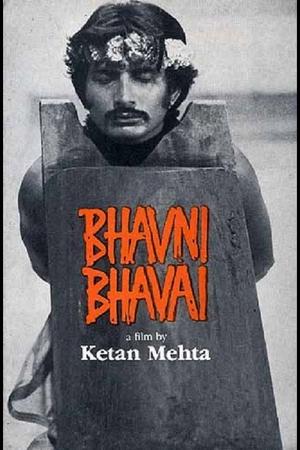 4.8
4.8Bhavni Bhavai(gu)
In a drought-stricken city in India, the emperor Maharaja Dhiraj Chandrasen, who has two wives, and no children, orders all kinds of rituals to appease the Rain Gods
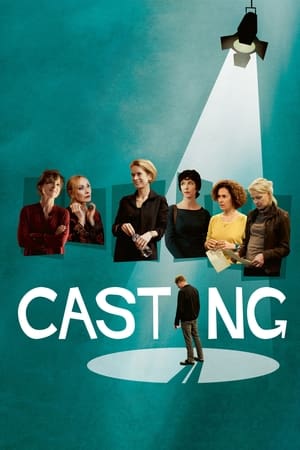 6.0
6.0Casting(de)
For her first television film, director Vera wants the perfect cast. But the first day of shooting is fast approaching and the numerous casting sessions have yet to find a suitable actress to play the leading role. Although the producer and crew are getting ever more exasperated with Vera, Gerwin is happy about the extra work, as he earns his money as an audition reader, delivering the lines of dialogue to the starry candidates at the various castings. When the male lead suddenly has to back out, Gerwin thinks that this might just be his chance.
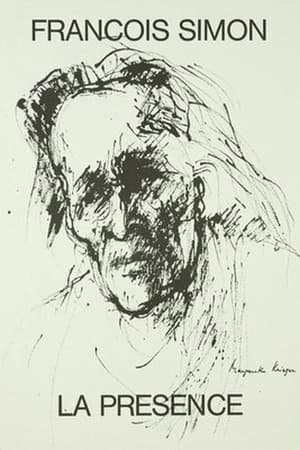 0.0
0.0Francois Simon the Presence(en)
The work of legendary actor François Simon, son of Michel Simon.
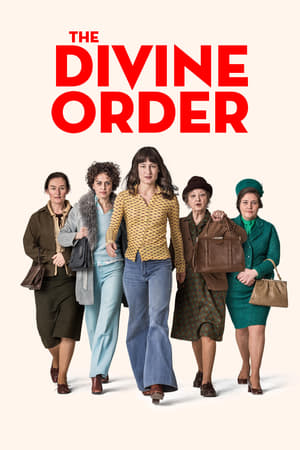 7.3
7.3The Divine Order(de)
Nora is a young housewife and mother, living in a quaint little village with her husband and their two sons. The Swiss countryside is untouched by the major social upheavals the movement of 1968 has brought about. Nora’s life is not affected either; she is a quiet person who is liked by everybody – until she starts to publicly fight for women’s suffrage, which the men are due to vote on in a ballot on February 7, 1971.
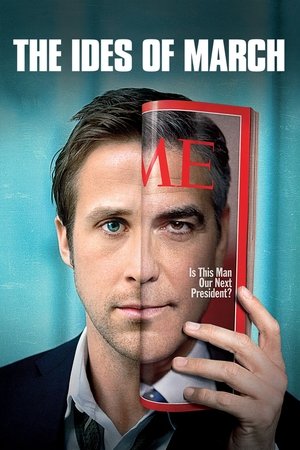 6.7
6.7The Ides of March(en)
Dirty tricks stand to soil an ambitious young press spokesman's idealism in a cutthroat presidential campaign where 'victory' is relative.
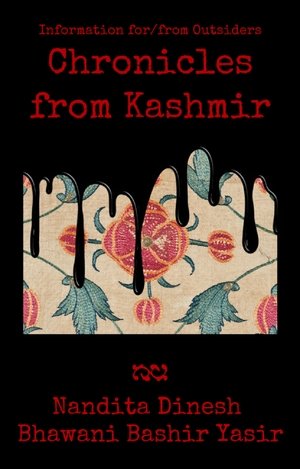
![Chronicles from Kashmir Trailer [2018]](https://img.youtube.com/vi/5yF5Dk8bxIE/mqdefault.jpg)

![Chronicles from Kashmir Trailer [2018]](https://img.youtube.com/vi/5yF5Dk8bxIE/sddefault.jpg)
